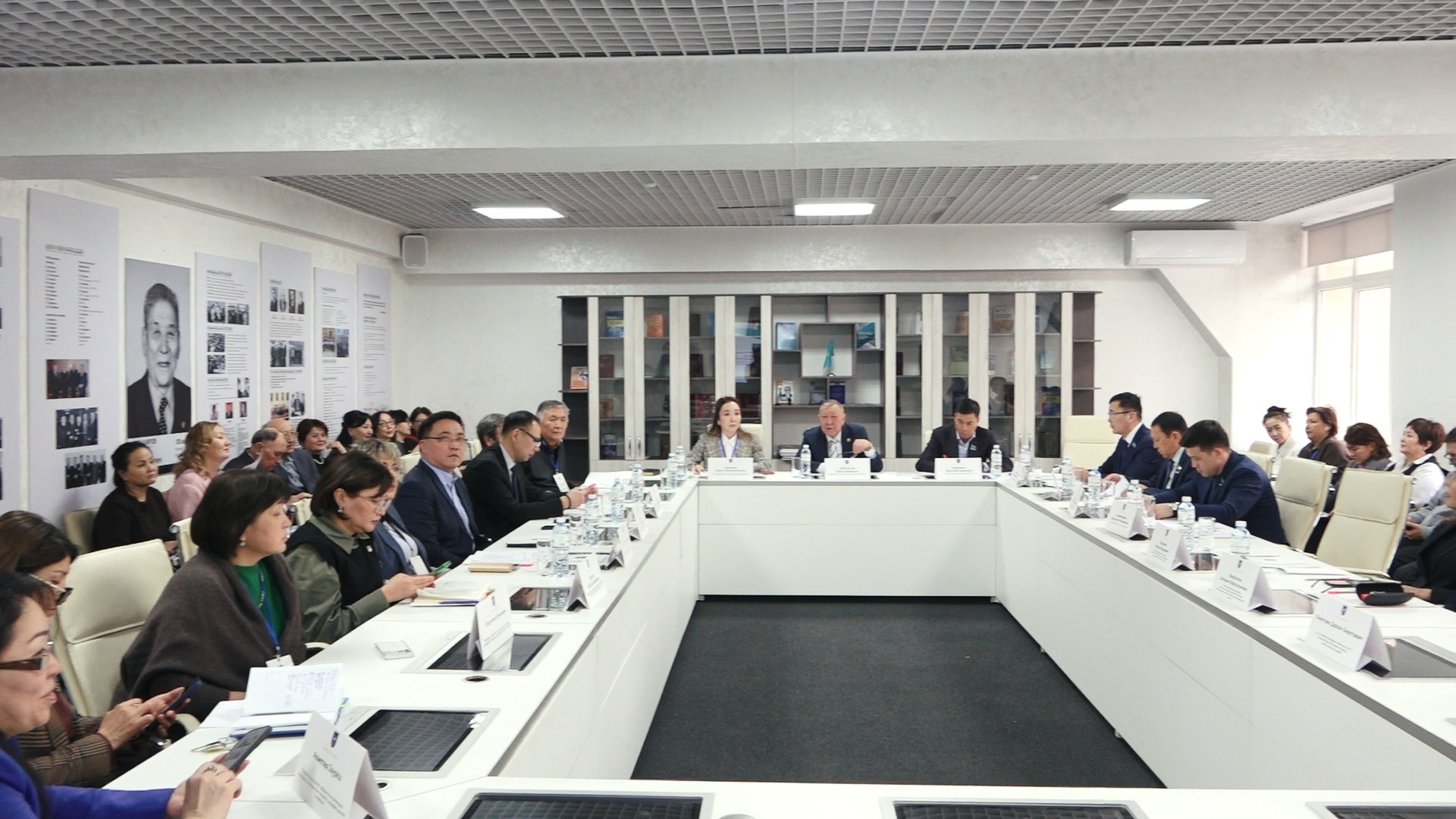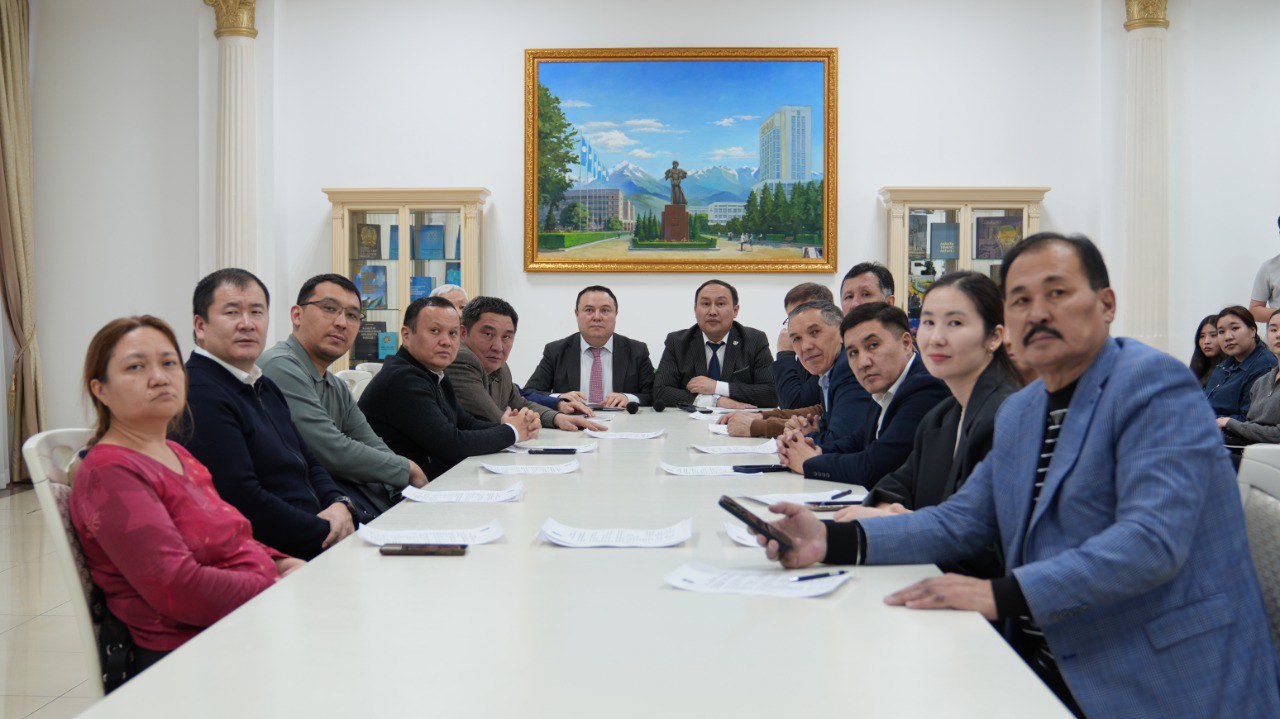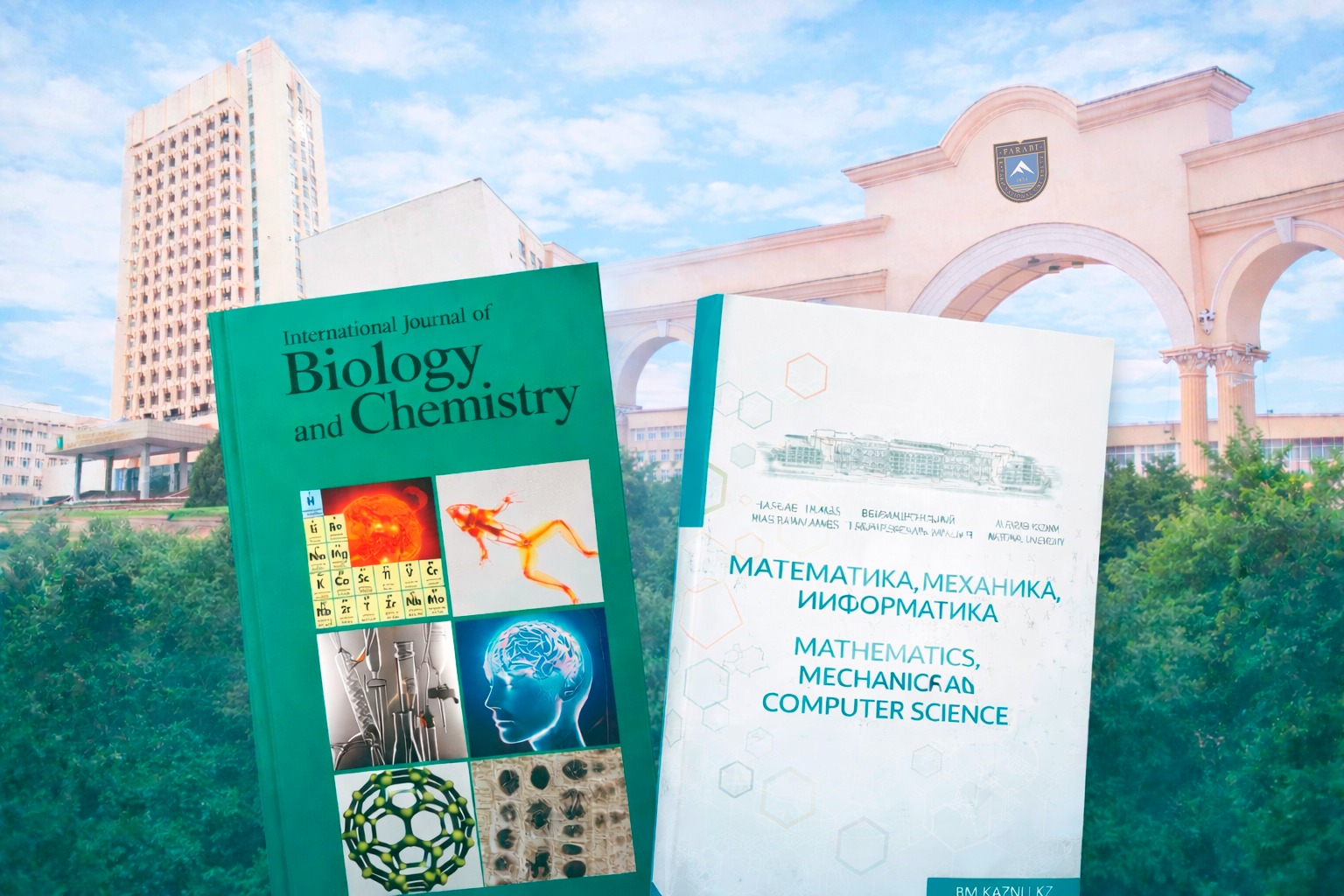How Hokkaido University Changed the Way I See the World
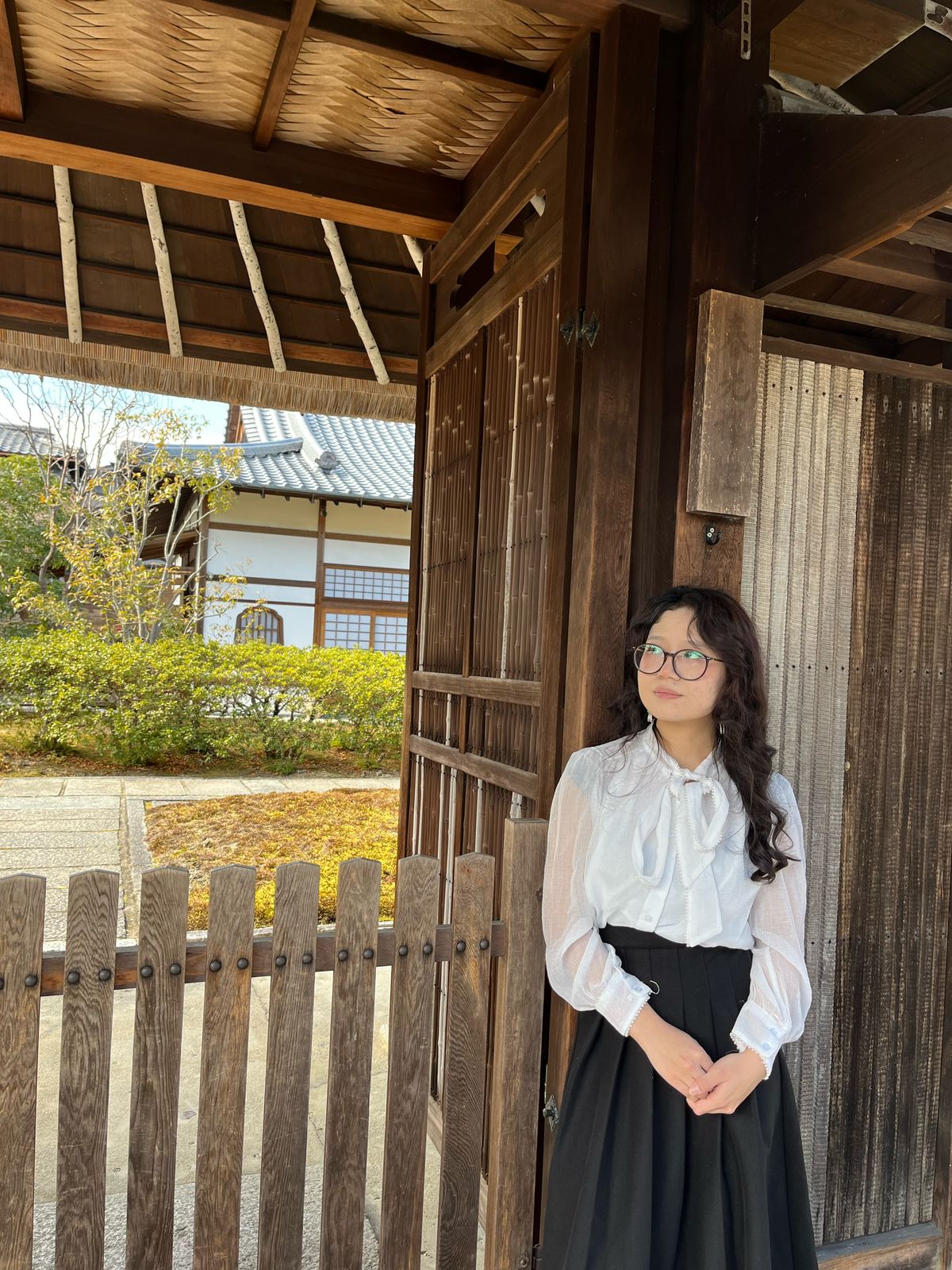
My name is Malika Rakhymzhan, and I am a third-year student at Al-Farabi Kazakh National University, majoring in Oriental Studies (Japanese language). Today, I would like to share my experience of studying at Hokkaido University through an exchange program.
At the end of September, with a slight sense of nervousness but great anticipation, I boarded the plane. Autumn in Hokkaido is especially beautiful: the air is cool but not yet wintery, the trees are painted in shades of yellow and red, and even the simple road from the university to the dormitory looks like a scene from a movie.
The studies were intense: I had Japanese language classes seven times a week, which really helped me improve my skills. But the most important thing was the atmosphere. Being surrounded by motivated students who take their studies seriously naturally pushes you to keep up with their pace.
What I liked most about the academic process was the ability to choose my own courses. It wasn’t just about taking mandatory basic subjects; I could also select courses that genuinely interested me. For example, I took a politics course where classes were not held in a traditional lecture format but rather as engaging discussions. Sometimes, well-known experts were invited to speak. One day, we had Ruben Azizyan, an international security specialist who had worked in Russia and was now teaching in New Zealand. He talked about the foreign policy of CIS countries, and after the lecture, we even had a brief conversation in Russian. Overall, the teaching approach was quite different from what I was used to: instead of just taking notes, students were expected to actively participate, think critically, and articulate and defend their viewpoints.
Outside the classroom, university life was just as exciting. The campus wasn’t just large—it felt like an entire city with its own infrastructure. The moment you step onto the grounds, you immediately sense that Hokkaido University is one of Japan’s leading institutions. It has everything students need: comfortable libraries, cozy study and relaxation areas, and, most notably, a free gym, which I frequently visited.
Every Wednesday, my friends and I would gather to play basketball or tennis, and on Tuesdays, I attended a conversation club where I could practice not only Japanese but also English. It was a great way to meet new people, and thanks to these gatherings, I made many friends.
I lived in a student dormitory. Despite the low cost (about 30,000 tenge per month), the living conditions were excellent: I had a private room, all the necessary amenities, and a warm atmosphere. The dormitory was always lively—we often gathered in the common room, organized movie marathons, and cooked together.
Before going to Hokkaido, I thought winter there would be tough—it is, after all, in northern Japan, with heavy snowfalls and freezing temperatures. But in the end, that winter became one of the most unforgettable experiences of my life. First, because Hokkaido is a paradise for winter sports enthusiasts. My friends and I visited ski resorts, tried snowboarding, and even went to an onsen—a traditional Japanese hot spring—several times.
Secondly, Sapporo in winter is breathtaking. From early December, the entire city is decorated with lights and illuminations, creating a magical atmosphere. During the Christmas festival, the streets resemble European Christmas markets. And in February, the famous Snow Festival takes place, turning the city into a massive gallery of ice and snow sculptures. This isn’t just a short-lived event for tourists—it’s a true celebration: street food, hot cocoa, glowing evening lights—all of this makes winter in Sapporo truly special.
And, of course, the food. Sapporo is famous for its cuisine, especially miso ramen and curry soup. On cold days, nothing beats stepping into a small, cozy restaurant, ordering a steaming bowl of flavorful soup, and savoring every spoonful.
Over these six months, I didn’t just get to know Japan on a deeper level—I saw it through the lens of many different cultures. At the university, I made friends with students from Taiwan, Germany, China, Namibia, and Korea. We studied, explored, and shared our perspectives on the world. Time has passed, but we still keep in touch.
Studying in Hokkaido changed not only my Japanese proficiency but also me as a person. I learned to adapt more quickly, embrace new challenges with confidence, and see the world from a broader perspective. I left Japan with a wealth of knowledge, unforgettable memories, and friends from all over the world. But perhaps the most valuable realization was that a once unfamiliar place can truly become a home. If I ever had the chance to return, I would do so in a heartbeat.
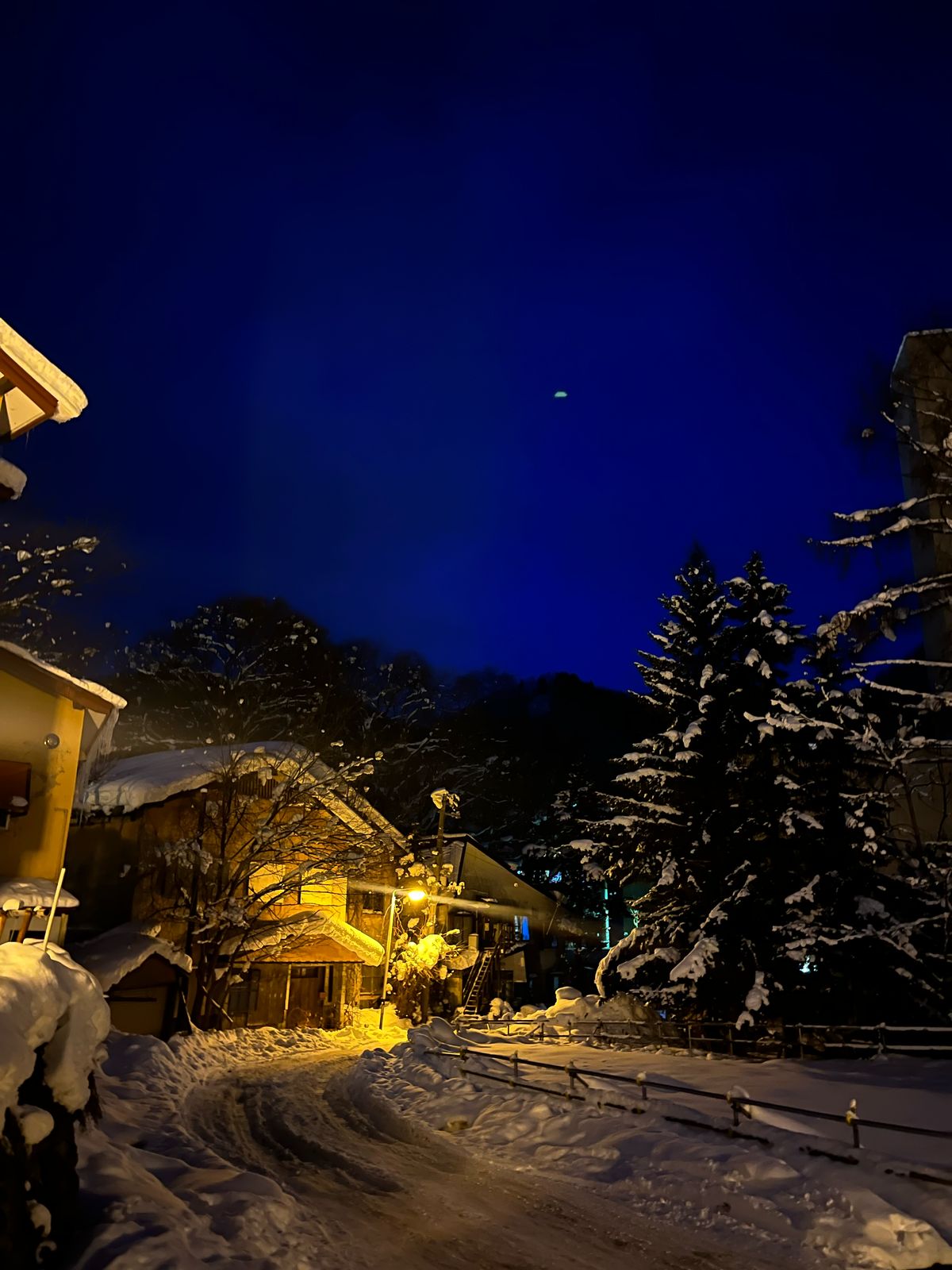
.jpeg)
